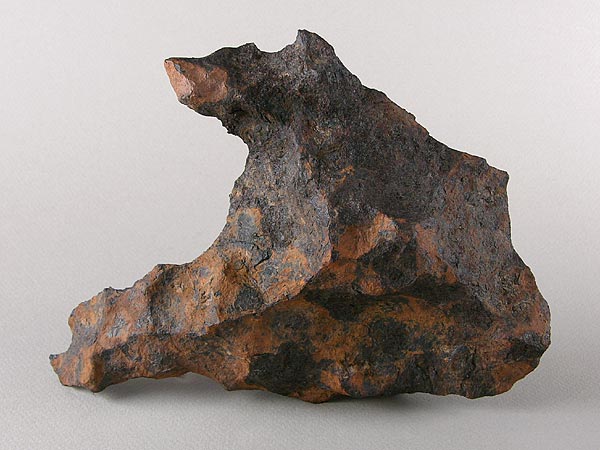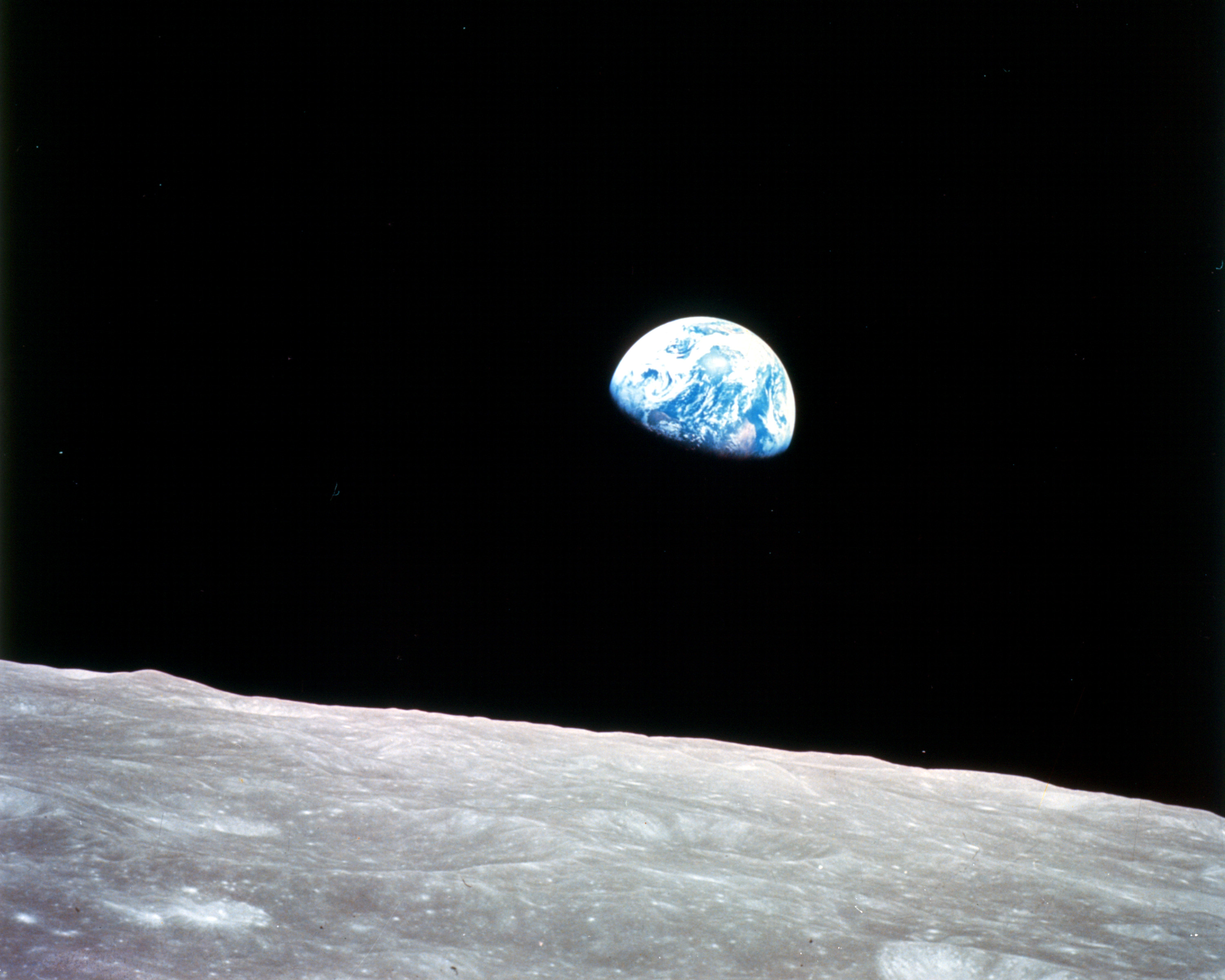Earth (Planet) Age
Enlarge text Shrink textThe age of Earth is estimated to be 4.54 ± 0.05 billion years (4.54 × 109 years ± 1%). This age may represent the age of Earth's accretion, or core formation, or of the material from which Earth formed. This dating is based on evidence from radiometric age-dating of meteorite material and is consistent with the radiometric ages of the oldest-known terrestrial material and lunar samples. Following the development of radiometric age-dating in the early 20th century, measurements of lead in uranium-rich minerals showed that some were in excess of a billion years old. The oldest such minerals analyzed to date—small crystals of zircon from the Jack Hills of Western Australia—are at least 4.404 billion years old. Calcium–aluminium-rich inclusions—the oldest known solid constituents within meteorites that are formed within the Solar System—are 4.567 billion years old, giving a lower limit for the age of the Solar System. It is hypothesised that the accretion of Earth began soon after the formation of the calcium-aluminium-rich inclusions and the meteorites. Because the time this accretion process took is not yet known, and predictions from different accretion models range from a few million up to about 100 million years, the difference between the age of Earth and of the oldest rocks is difficult to determine. It is also difficult to determine the exact age of the oldest rocks on Earth, exposed at the surface, as they are aggregates of minerals of possibly different ages.
Read more on Wikipedia >
 Topic
Topic










